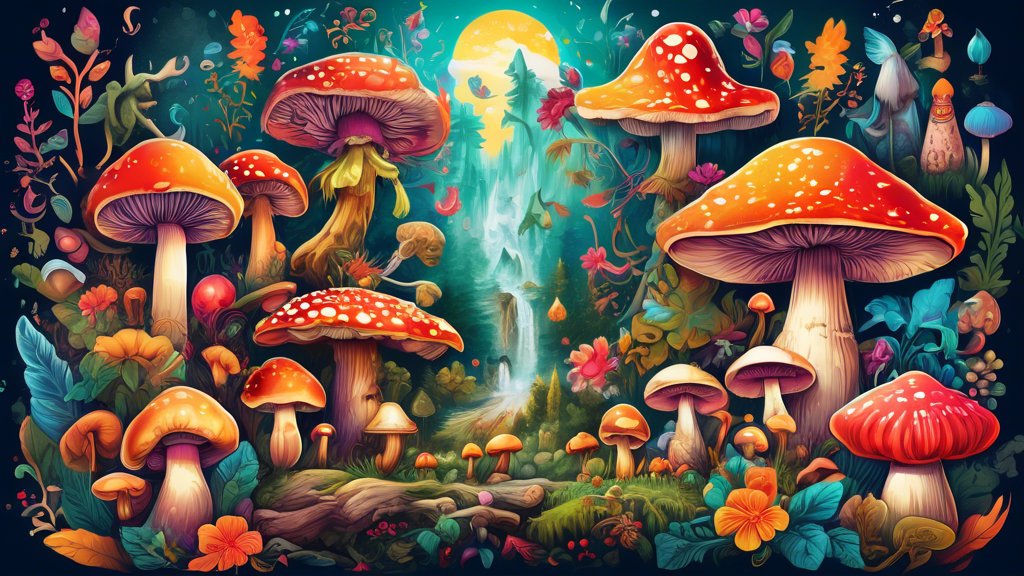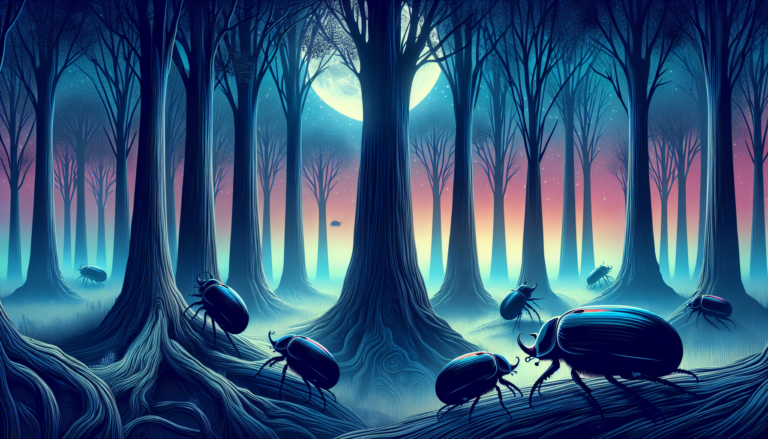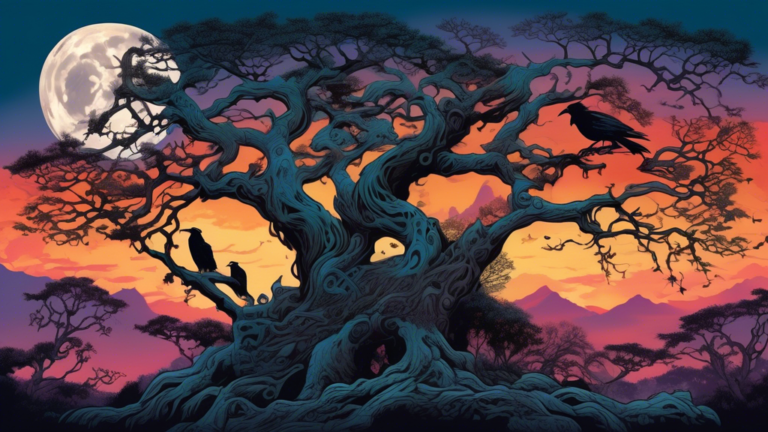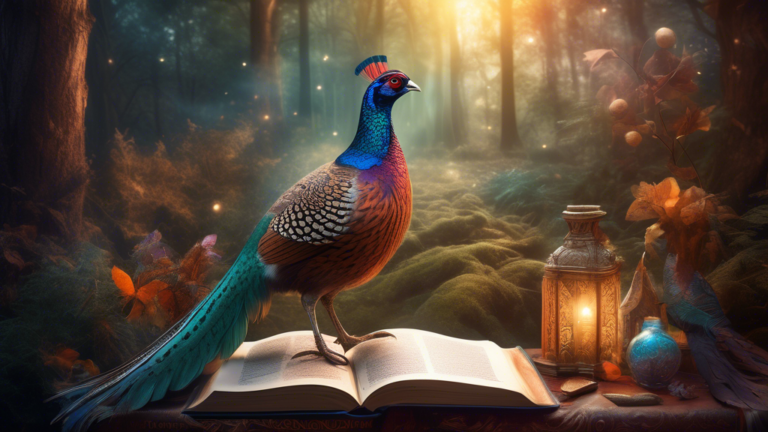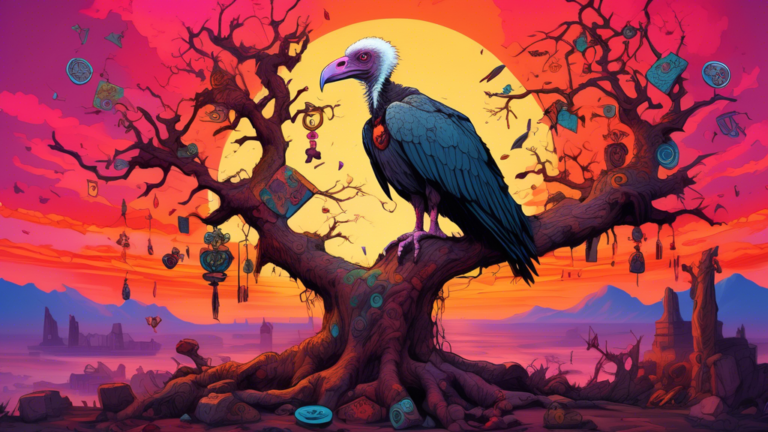Exploring the Symbolism of Mushrooms in Various Cultures
Introduction to the Symbolic Meaning of Mushrooms
Mushrooms have captivated human interest for centuries, not only as a food source but also for their profound symbolic meanings in various cultures around the world. From ancient times to modern day, the enigmatic nature of mushrooms and their unique life cycle have inspired a range of cultural interpretations and symbolisms. In this article, we explore how different cultures perceive mushrooms and the significance they place upon them.
Ancient Symbolism and Mythology
Greek and Roman Mythologies
In ancient Greece and Rome, mushrooms were often associated with mystery and magic due to their sudden appearance overnight and their plethora of forms and colors. The Greeks believed that mushrooms were born of lightning strikes, bestowed by Zeus himself. Consequently, they were often seen as a symbol of strength and divine epiphany. Moreover, the Romans, who were avid mushroom eaters, associated them with fertility and fortitude, considering them a gift from Persephone, the queen of the underworld, thereby intertwining their life-death-rebirth cycle with mushrooms.
Northern European Traditions
In Norse mythology, mushrooms held a connection to the elves and faeries. The iconic red-and-white spotted Amanita muscaria has been particularly famous, often depicted in folklore as serving as stools or umbrellas for these mythical creatures. This hallucinogenic mushroom was sometimes thought to be a bridge between the earthly world and the spiritual realms, indicating a deep-rooted symbolism of transcendence and communication with otherworldly entities.
Cultural Significance in Asia
Chinese Cultural and Medicinal Practices
In China, mushrooms have been revered not just for their nutritional benefits but also for their medicinal properties. The shiitake mushroom, for example, symbolizes longevity and health, widely used in traditional Chinese medicine to boost chi (life force) and cure ailments. The lingzhi mushroom, often depicted in Chinese art, is another symbol of longevity and spiritual potency, believed to grant immortality to those who consume it.
Japan’s Aesthetic and Spiritual Connection
In Japanese culture, mushrooms are appreciated for their aesthetic qualities and their subtle yet profound place in traditional cuisines. The matsutake mushroom, highly prized for its flavor, also carries connotations of autumn, resilience, and harmony with nature. Buddhists in Japan sometimes use mushrooms in their visual art and teachings to symbolize ephemerality and the enlightened state of letting go.
Indigenous Interpretations
Native American Views
Various Native American tribes have incorporated mushrooms into their spiritual and medicinal practices. For some, mushrooms were used for their psychoactive properties during religious ceremonies to foster visions and communicate with the spirit world. To others, they represent a symbiotic relationship with nature, emphasizing ecological balance and respect for the land.
Mesoamerican Ritual Use
In ancient Mesoamerica, particularly among the Aztecs, mushrooms were sacred and were known as teonanácatl or flesh of the gods. These were consumed during religious rituals to induce visions and spiritual insights, fostering what they believed was a direct communication line with the gods. This profound reverence speaks to the mushroom’s capacity to alter human consciousness and its sacred status amongst these cultures.
Conclusion
Mushrooms hold a kaleidoscope of meanings across different cultures, from symbols of immortality and spiritual communication to icons of beauty and resilience. Their unique biological characteristics and mystical appearance have made them subjects of awe and reverence, as well as fear and mystery. Understanding the symbolism of mushrooms in various cultures not only enlightens us about the fungi themselves but also offers insights into the cultures that venerate them. As we continue to explore the cultural significances of natural elements like mushrooms, we gain a deeper appreciation for the interconnectedness of nature and human culture throughout history.
Exploring the Symbolism of the Black Cow in Various Cultures
Exploring the Symbolism of Turkey in Various Cultures
Exploring the Symbolism of Wasps: Cultural and Spiritual Meanings

